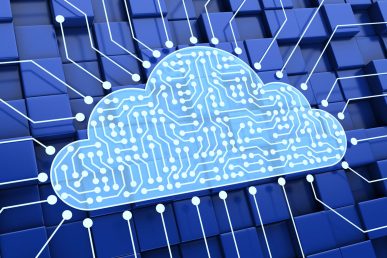Faster than you can take a navy shower, Cody Hill can tell you what you need to know about bare metal.
“The reason you should care about bare metal as-a-service is that it allows you to provision your Hadoop workloads or SQL workloads or even a hypervisor onto bare metal infrastructure and treat them like cloud instances,” says Hill, who works at Platform9, in a two-minute video.
While Hill notes that bare metal provisioning has been around for a few years, “what really makes OpenStack Ironic different is that it allows you to use a unified way of managing virtual machines as well as physical assets in the exact same workflow.”
It works by booting your systems remotely and then being able to provision a image to it —just like the public cloud boots a virtual machine and provisions an image to it. That way you’re able to utilize the same tooling that you would use to provision virtual machine instances — such as orchestration (Heat) or application catalog (Murano) or even provision block storage volumes (in Cinder) to them — enabling you to treat physical assets just like you would virtual assets.
What are the requirements to get started? OpenStack Ironic requires two things of your servers: the capability to be booted from the intelligent platform management interface (or IPMI access to them) and they need to be able to network or PXE boot, requiring capable network interface cards (NICs.)
If that makes it sound simple, Hill concedes that it’s not. Any bare metal-as-a-service system can be difficult to get up and running, so Platform9 developed an integration for it, which you can check out on their sandbox.
And because there’s always something new-as-a-service, Hill will be speaking at the upcoming OpenStack Summit Vancouver on “Leveraging Serverless Functions in Heat to deliver Anything as as Service (XaaS).” The talk will cover how Platform9 built a Heat module for Fission, an open source serverless framework built on Kubernetes.
You can also catch the video below.
// CC BY
- Demystifying Confidential Containers with a Live Kata Containers Demo - July 13, 2023
- OpenInfra Summit Vancouver Recap: 50 things You Need to Know - June 16, 2023
- Congratulations to the 2023 Superuser Awards Winner: Bloomberg - June 13, 2023

)










